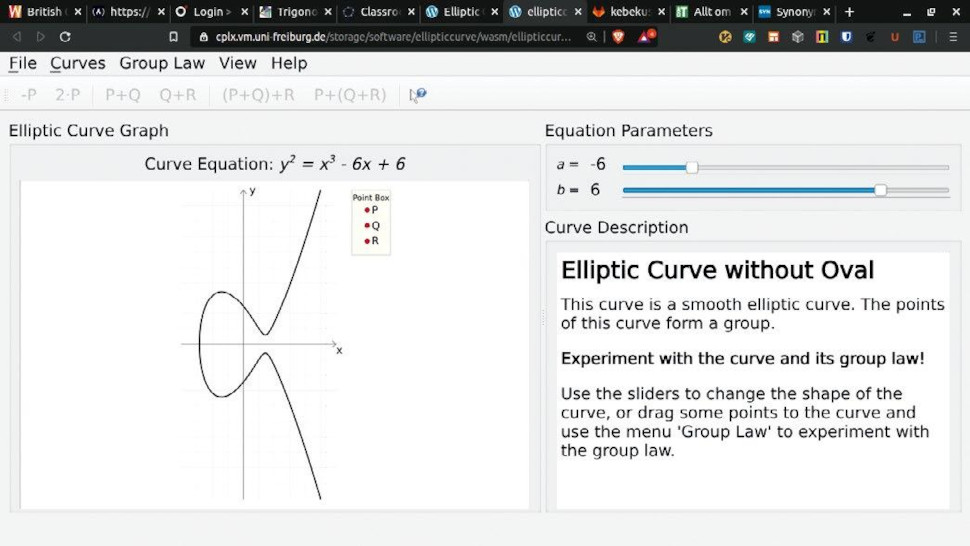Best mathematics packages for Linux in 2025
The best mathematics packages for Linux to make math enjoyable
Final verdict
Why you can trust TechRadar
Learning mathematics is best done with the two less complicated programs, Genius and GeoGebra. Running a project that requires large amounts of data and/or communicating with external systems, then you are certainly better off with Scilab or Octave.
The difference between the latter two is quite small, so you need to dig deeper for features you may need. In this endeavour, we have found two distinct categories and the ‘others’. These are the science-based ones and the teaching ones. Within the science-based category, we have Octave and Scilab. They are both thriving thanks to support from foundations and businesses which use them.
Their users are also advanced enough to create specialised packages for their own needs. Enough of these users release these packages back to the community to give you great tools, should you need something more specialised.
On the more educational side, we have the mathematical tools of Genius. Genius has a great following and the developers are active in their work. GeoGebra has made a business of teaching mathematics and supporting teachers. This keeps the development active and gives you more features to play with.
As for Engauge Digitizer, this is a utility that can enhance your projects. One good feature missing at the moment is a way to add it to the other mathematics applications. Maybe it could also be added to your office package of choice – is anyone up to the task?

When looking at these scores, you need to decide which package best suits your use case. With that in mind, it’s entirely possible that the worst-scoring package could be exactly what you’re looking for to complete a project or to learn a specific topic. Engauge Digitizer is a good example; it does very little in theory, but when you need to get numbers out of a graph, it’s a brilliant tool. There are many libraries available for very specific issues that programmers can use for their projects.
Many of the projects in this category keep going because designers and users have found ways to build businesses around the software. They do this without closing the source code or violating the terms of the free and open source licences. Sounds great to us!
Final Scores
1st GNU Octave 9/10
Licence: GPL v3
Version: 5.2
Octave excels at the deepest of investigations, but beware the learning curve.
2nd Scilab 9/10
Licence: GPL v3
Version: 6.1.0
All the advanced users love this one for its versatility and speed.
3rd GeoGebra 7/10
Licence: GPL v3
Version: 6.0.598
Use this one for your educational needs and mathematical curiosity.
4th Genius 7/10
Licence: GPL v3
Version: 1.0.24
When you already have some skills, expand by programming in GEL.
5th Engauge Digitizer 5/10
Licence: GPL v2
Version: 10.10
Do not avoid this one – it can save you hours of work.
Also consider
The suggestions in this article shows you a range of packages that can help you in your research. Whether you’re learning or are creating something new and fantastic, these packages are the cream of the crop. With the Linux world the way it is, though, you can also choose from many others.
Take a look at SageMath. Built with Python 3, it also uses the well-known underlying packages NumPy, SciPy and SymPy. It also uses many other packages; it’s described as a mathematics software system. The reason is that it combines what is already built into a cohesive system. The list of packages is very long. If you are into programming, this is a very strong alternative.
If you aim to teach children mathematics, you have even more options – the obvious one is TuxMath. In the game your kids (or you?) play an arcade game where you have to do simple arithmetic to win.
Sign up to the TechRadar Pro newsletter to get all the top news, opinion, features and guidance your business needs to succeed!